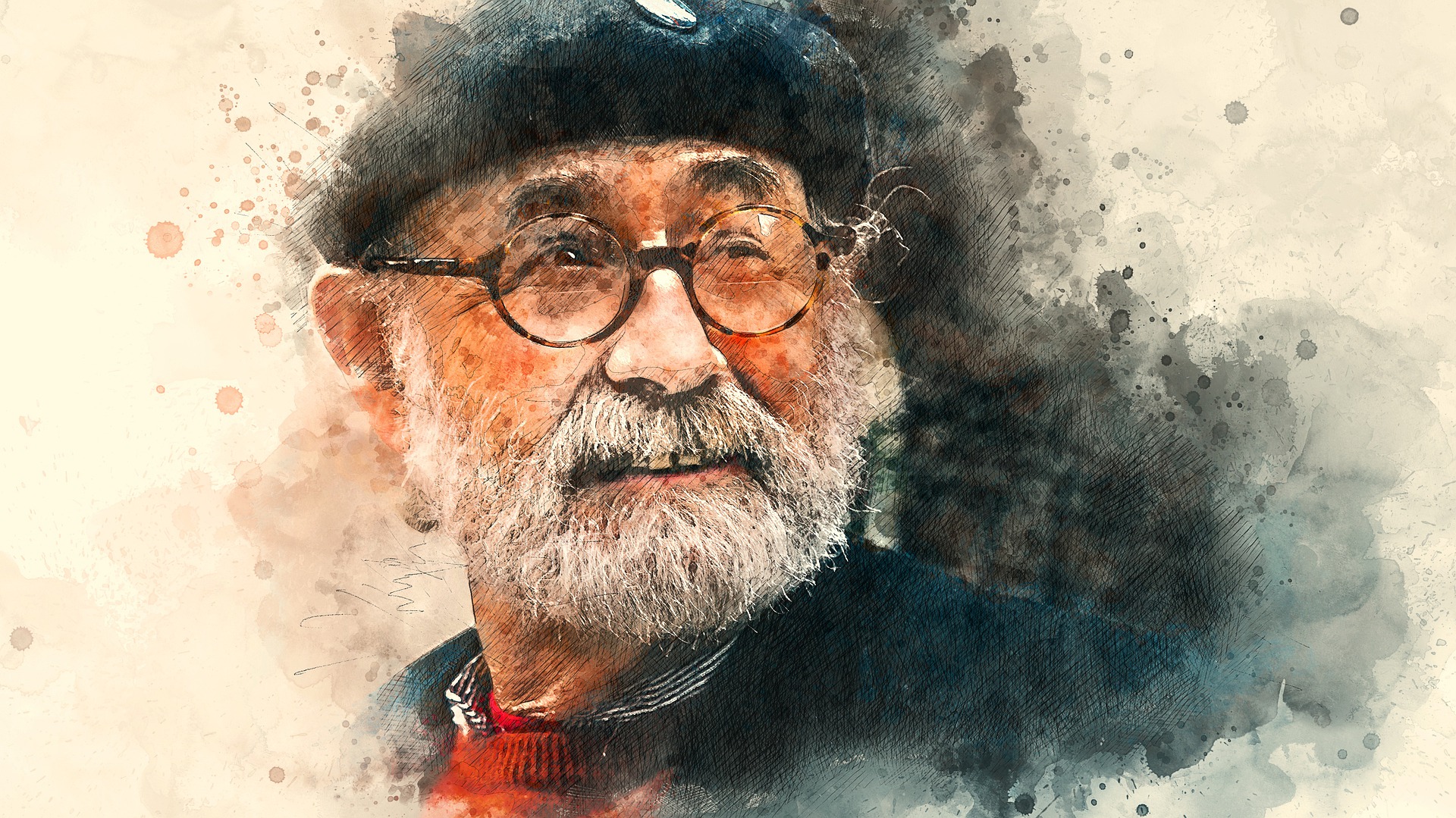Mark Twain once said,
“Age is an issue of mind over matter. If you don’t mind, it doesn’t matter.”
In other words, age is just a number, and it has nothing to do with retiring from the heat and haste of life. Literature is littered with numerous instances of old age and decrepitude being equated with purposelessness, infirmity and fatalism.
In Shakespeare’s Richard IV, Poins, while making fun of the ageing Falstaff, feels that when people have rounded the corner of old age, they discover that their body can no longer do what their mind wishes:
“Is it not strange that desire should so many years outlive performance?’’
In the novel, Love in the Time of Cholera, Gabriel García Márquez writes about Dr Juvenal Urbino’s growing infirmities,
“… old age was an indecent state that had to be ended before it was too late…at eighty-one years of age … he was attached to this world by a few slender threads…”
We all have been culturally conditioned to believing that once people cross into old age, they become a liability. Elderly people are often pigeonholed as petulant, cynical and senile, who have lost their joie de vivre. Famous geriatric experts Dr Ken Anderson and Collin Gower are of the opinion that “a perceived lack of newness’’ is a major obstacle faced by old people who latch on to the belief that there’s nothing to be learnt and done when one’s getting on in years.
Also read: Meet Madhur Jaffrey’s Latest Avatar: Rap ‘Nani’
In the famous poem, ‘Gerontion’, T.S. Eliot referred to old age as something which is undesirable, as it brings in its wake cognitive decline, bitterness and attempts to make sense of one’s life.
But not everyone considers advanced age as life’s inert and sluggish phase. Plato maintained in Republic that the old should be the guardians of a wise city. He also declared that “the rulers should be older, and those who are ruled, younger”.
Plutarch, a Greek Middle Platonist philosopher, felt that an elderly citizen should not fall out of public life, and rather need to keep himself active and, engaged.
When the English romantic trio P.B. Shelley, John Keats and Lord Byron passed away painfully young, critic and poet Mathew Arnold wrote,
“Those lads were indeed great/But had they lived till hundred/They would have changed the fate/And explored life’s many an unknown shade.”
Novelist Daniel Defoe once said,
“The old enjoy their lives with meaning/Young die leaving nothing and grieving.”
Had these great poets not died young, the world of English literature would have been immensely enriched by their creative output.
Also read: Bernie’s Old. So What?
There are instances of writers and painters who get their creative juices flowing at an advanced age that lends a degree of purpose and meaning to their lives. Their mental excitement, as strong as ever, refuses to burn out. Business tycoon, Warren Buffet, at the ripe old age of 90, continues to run his empire and shows no signs of slowing down.
When it comes to creativity, age is no handicap. It was at the age of 96 that writer Harry Bernstein earned belated literary fame with his memoir. Back home, writers like Nirad C. Chaudhary and Khushwant Singh, blessed with an indefatigable creative energy, kept on writing till their deaths. Both of these prolific writers went on to live for more than hundred years.
Painters and writers like Picasso, Michelangelo, Bach, Goethe, Stravinsky, Tolstoy, to name but a few, utilised their advancing years to free themselves, to take risks with themselves and their expressive pursuits. Picasso painted with a furious energy till late into the night before he died the next day at the age of 91. Rabindranath Tagore developed interest in painting at the age of 63. All these greats lived and ennobled the free life of the mind till their deaths.
After all, ageing has nothing to do with diminishing zeal for life.
Aditya Mukherjee is a former journalist, and is currently into content writing. He cannot imagine life without books.

